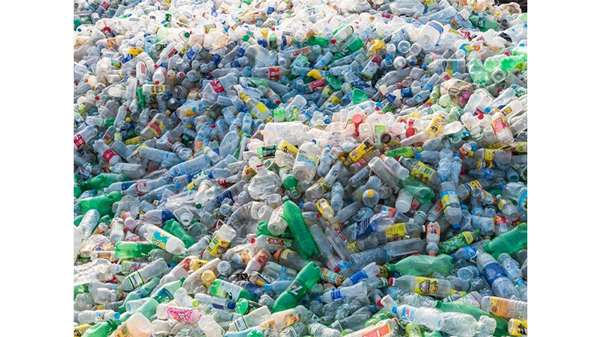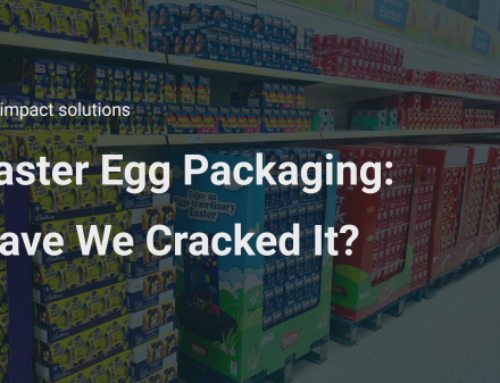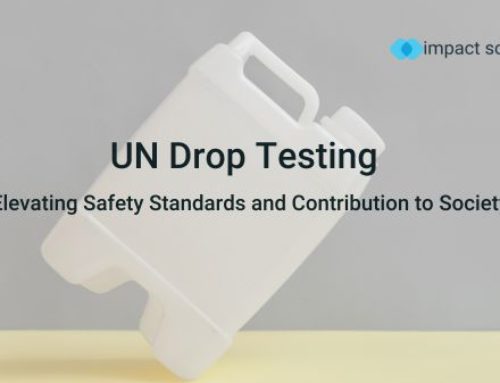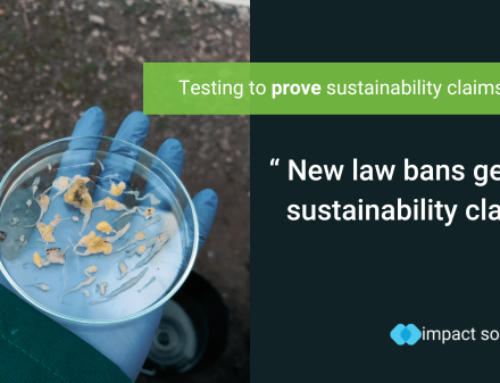According to a recent article by the BBC, Coca Cola’s head of sustainability has made a statement that they will not be stopping the production of plastic bottles completely due to consumer demand.
Getting rid of plastic bottles from their production would have left people with the options for cans or glass bottles – neither of which people find convenient. A can is not resealable and doesn’t hold the amount of product that people want. Then the option of a glass bottle, which is also not resealable as of yet, is too heavy and inconvenient to dispose of.
As of right now, Coca Cola stands as having the largest contribution to plastic waste worldwide, producing three tonnes of plastic per year. This is widely concerning to environmentalists, who fear that Coca Cola does not have that amount of control, leading to bottles still ending up in landfill.
What can Coca Cola do to bring down their pollution while maintaining production of plastic?
Coca Cola have already set aims and are looking into solutions to reduce both their carbon footprint and their plastic pollution by 2030. Some of these solutions include working with worldwide NGOs to help with collections for their products. They have shared plans to have both 50% of their bottles be made with recycled material by 2030 and included in this goal is to be recycling as much plastic as they produce by the same date.
Many activists have had a problem with this date and have advocated for this date to come much sooner, in as little as half the time. Is this achievable? Coca Cola has spoken out about this before and there is a reason for such a faraway deadline. For the brand to be able to recycle as much plastic as it produces and have its bottles be made of 50% recycled plastic -many scorned the brand for not aiming for 100%- they have to have enough food grade plastic to keep up with production. This has been an issue in the past, where even the largest UK recycler of PET plastic, Clean Tech, with whom Coca Cola are partnered, ran into the problem of not being able to provide enough food grade plastic to keep up with the demand and production numbers that the brand works with.
With Coca Cola’s plans for collecting their used products, this will be something that will help with how much of the plastic they produce can be recycled at food grade and used in the next batch of plastic bottles.
Another reason the brand has refused to completely stop production of plastic bottles, comes down to the increase it will have on their carbon footprint. Being the most popular soft drinks company, means that they will have to drastically increase the production of glass bottles and aluminum cans, which the company claims will raise their carbon footprint. A few aluminum cans industry institutes commented on this, claiming that as far as the footprint attached to both these materials, they were largely equal and that there were too many differing factors -like geographic location- that meant an accurate difference was not easy to find. The only way to really ensure that the company’s carbon footprint reduces, is to recycle as much of its material as is possible.
Many of these issues are faced by all consumer drinks companies, due to the fact that plastic waste is currently facing what is being called the ‘war’ on plastic. This has created a very specific mindset when it comes to plastic, that many companies are now in difficult situations. These companies need to think about their consumers and the wide majority of them. This was something the Coca Cola’s head of sustainability was quoted on, “Business won’t be in business if we don’t accommodate consumers.” This includes those who still want plastic bottles.
Huge consumer-based companies have an obligation to lead their customers into realising that there is a problem with plastic waste and lead them into believing in the solutions that they pledge. If customers love the product, they will still purchase whatever packaging the company decide to sell it in. It comes down to the marketing campaigns and how Coca Cola pledge to encourage their consumers to behave after purchase.
So, while the company may be in a controversial position, banning plastic bottles may not be a good idea, so long as collection and recycling increase along with their produce.
Be sure to contact us if you would like to learn more or, alternatively, follow us on Facebook, LinkedIn, and Twitter.





